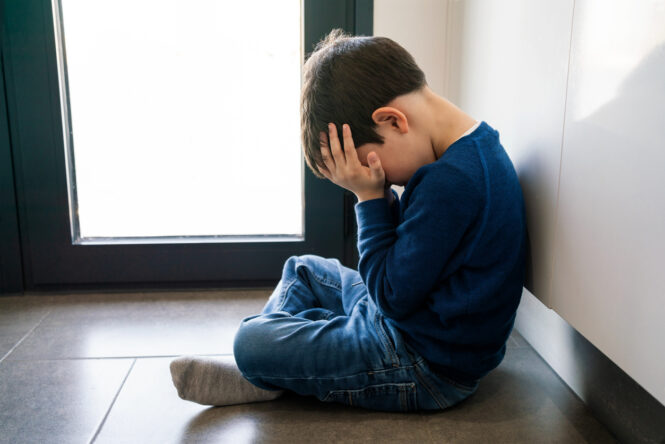Most people don’t have a perfect childhood, but sometimes, when we look back, we realise there were little moments that meant more than we gave them credit for.
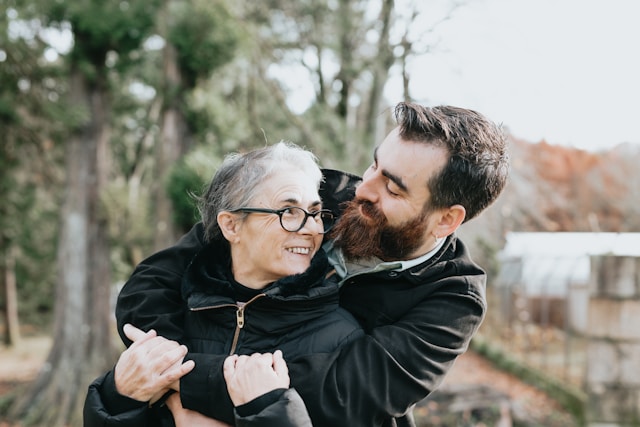
We’re not talking about being surprised with a trip to Disney World or given an expensive gift. Most often, the things that meant the most were the ordinary, reliable things that gave us a sense of comfort, trust, or intense joy. If any of these sound familiar, you might have had a better foundation than you’ve realised until now.
1. You had a parent or adult who noticed when you were off.

If someone could tell you were upset before you said a word—and gently asked, instead of ignoring it—that’s a sign of emotional safety. It meant your feelings were worth paying attention to, even when you didn’t know how to express them. Being noticed like that gives you the blueprint for self-awareness later in life. It teaches you that how you feel matters, and that someone caring doesn’t always need an explanation first.
2. You were allowed to play without a purpose.

You weren’t always being prepped for something or pushed to be productive. You could just mess about, daydream, dig holes, or make up stories without anyone asking what it was “for.” That kind of freedom is quietly powerful. It builds imagination, confidence, and the ability to enjoy your own company—something many adults now try to re-learn through mindfulness apps.
3. Meals felt like a shared moment, not a performance.

Even if dinner was simple, if someone sat with you, talked to you, or just made sure you had a seat at the table, that says a lot. Food wasn’t just fuel—it was connection. You didn’t have to earn the right to eat or impress anyone with your manners. You were just included. That sort of presence, even in small ways, builds a sense of belonging that sticks with you.
4. You had somewhere in the house that felt like yours.
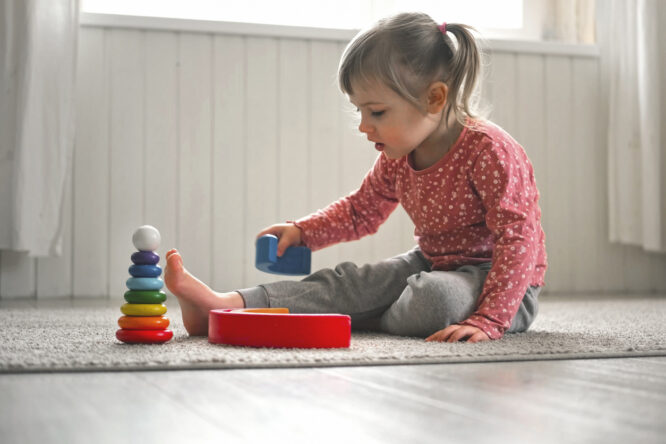
Whether it was your own room, a corner of the garden, or just a shelf for your things, having a little space that no one else controlled can mean more than we realise. It shows that your presence in the home mattered. That your things didn’t have to be hidden away. That you were part of the space, not just staying in it.
5. Someone came to your school plays or sports days.

Even if they didn’t always understand what was happening (or cheered at the wrong time), someone showed up. They made the effort, and that effort spoke volumes. You learn from that kind of presence that you’re worth showing up for—not just when you’re impressive, but simply because you’re you.
6. You were comforted when you cried, not scolded.
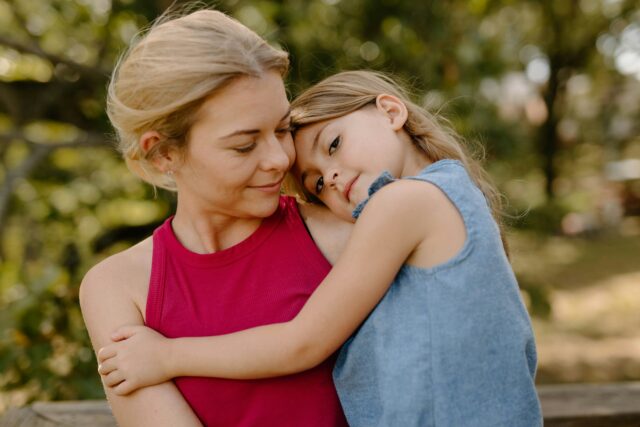
If your tears were met with a hug, a tissue, or just someone sitting nearby, that’s a kind of emotional support a lot of people don’t get. You weren’t told to “man up” or “stop being silly.” You were taught that being upset wasn’t shameful. That emotions are human. And that comfort doesn’t always come with conditions.
7. You weren’t punished for needing quiet time.

If you could retreat into your room or go quiet without someone accusing you of having an attitude, that’s rare. You were allowed to be internal, reflective, or just tired. That kind of acceptance tells a child: it’s okay to just be. You don’t have to perform or explain yourself to deserve peace.
8. You could ask questions without being mocked.

Whether it was “why is the sky blue?” or something awkward about bodies, if the adults around you tried to give an answer—or at least didn’t laugh at you—it gave you confidence to keep being curious. That open-door approach to learning builds trust and critical thinking. It says: your thoughts are worth taking seriously, even if they sound silly at first.
9. Your mistakes weren’t held against you forever.
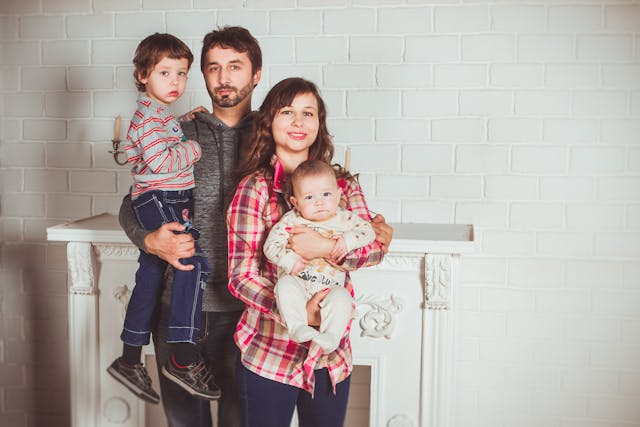
If you messed up and weren’t made to feel like it defined you, that’s a gift. You were allowed to learn and move on—not shamed into fear or silence. Offering that level of grace teaches kids how to take accountability without crumbling. It plants the seeds for resilience later in life.
10. You were allowed to change your mind.

If you could say, “I don’t like that anymore” or “I’m not sure” and it wasn’t treated like a betrayal or a failure, that’s huge. You were allowed to evolve. Being granted flexibility like that builds identity in the right way—not by pleasing other people, but by listening to yourself as you grow.
11. You weren’t teased for showing affection.

If you could give hugs, say “I love you,” or hold someone’s hand without getting mocked or pushed away, that’s no small thing. It means affection was welcomed, not weaponised. That normalises emotional expression later on. You grow up knowing it’s okay to care deeply and show it, and that you won’t be ridiculed for being warm.
12. You were taught how to handle frustration, not just suppress it.
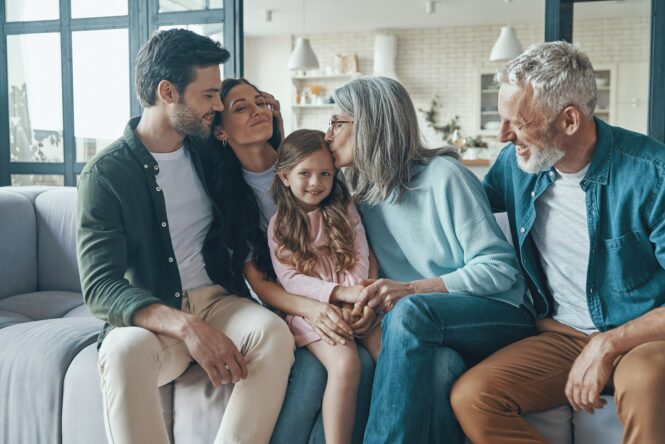
If someone helped you figure out what to do with your anger instead of telling you to “calm down” or “stop being difficult,” that’s real emotional coaching. It gives you tools, not shame. Plus, it shows that strong feelings aren’t the problem—it’s how we handle them that matters.
13. You were spoken to with respect, even when you were wrong.

If someone explained things instead of yelling, or corrected you without mocking, you learned that being young didn’t mean being beneath anyone. That kind of communication sets the tone for your own voice. It teaches you how to stand your ground and how to listen at the same time.
14. You felt safe going to sleep at night.

No chaos, no tension buzzing in the air, no wondering what kind of mood the house would be in tomorrow—just quiet, predictable rest. Safety like that might not seem like a big deal, but it creates trust in the world. It teaches you that you’re allowed to relax, and that your body doesn’t have to stay on alert all the time.
15. Someone looked genuinely happy to see you come home.

It could’ve been a parent, a grandparent, a dog—it doesn’t matter. That warm, predictable welcome sends a clear message: you’re wanted here. Not for what you’ve done, but simply because you exist. That kind of consistent joy stays with you—and often, it becomes the feeling you try to recreate as an adult—safe, seen, and deeply enough.

